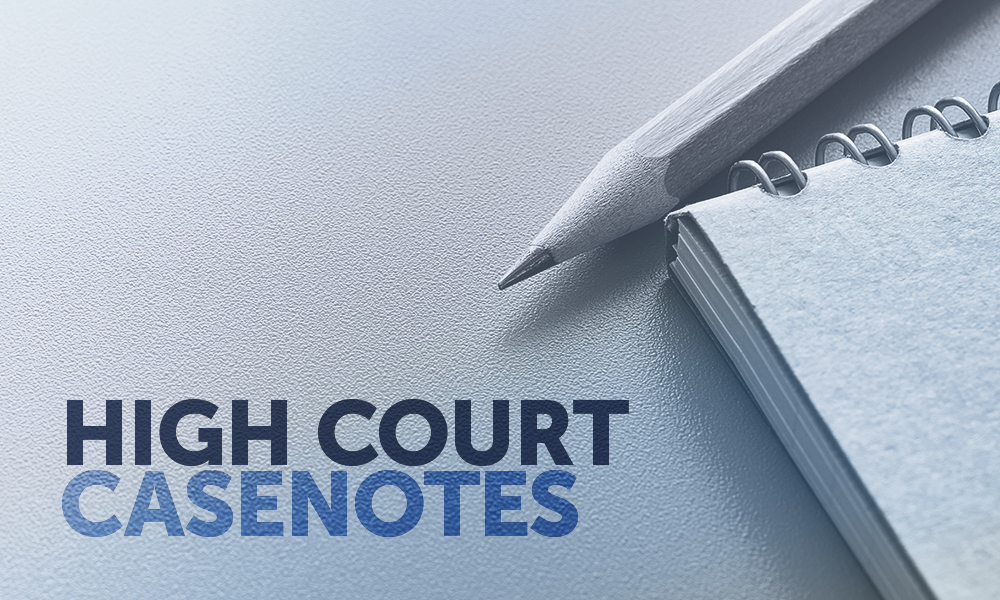In KMC v Director of Public Prosecutions (SA) [2020] HCA 6 (18 March 2020) the applicant, KMC, was charged in the District Court of South Australia with one count of persistent sexual exploitation of a child against s50(1) of the Criminal Law Consolidation Act 1935 (SA). After a trial before a judge and jury, the jury returned a unanimous verdict of guilty. The jury was discharged without being asked any questions as to the basis of its verdict. The applicant was sentenced to imprisonment for 10 years and three days, with a non-parole period of five years.
After the applicant was sentenced, the High Court delivered its judgment in Chiro v The Queen (2017) 260 CLR 425 in which the plurality stated that “the judge should request that the jury identify the underlying acts of sexual exploitation that were found to be proved unless it is otherwise apparent to the judge which acts of sexual exploitation the jury found to be proved”. Where a jury is not questioned as to the basis of its verdict, the plurality in Chiro held, “the offender will have to be sentenced on the basis most favourable to the offender”.
The applicant, KMC, sought to appeal on the grounds that his sentence and the non-parole period were manifestly excessive and that, contrary to Chiro, the sentencing judge had not sentenced the applicant on the basis most favourable to him consistent with the verdict of the jury.
The respondent, the Director of Public Prosecutions (SA), sought to uphold the sentence relying on s9(1), Pt 4 of the Statutes Amendment (Attorney‑General’s Portfolio) (No.2) Act 2017 (SA) (the amending Act). The object of Pt 4 of the amending Act was to overcome the effect of Chiro. But in order for s9(1) to apply, the applicant had to have been sentenced “having regard to the acts of sexual exploitation determined by the sentencing court to have been proved beyond a reasonable doubt”.
The High Court unanimously held that the sentencing judge did not make findings as to what acts of sexual exploitation he found to have been proved beyond reasonable doubt. This meant that s9(1) of the amending Act was not engaged. The High Court concluded that the applicant had not been sentenced on the basis of the facts most favourable to him, and his sentencing was therefore contrary to what the law (as stated by Chiro) required.
Kiefel CJ, Bell, Gageler, Keane, Nettle, Gordon and Edelman JJ jointly. Appeal allowed.
David Kelsey-Sugg is a Victorian barrister, ph (03) 9225 6286, email dkelseysugg@vicbar.com.au. The full version of these judgments can be found at austlii.edu.au.















Share this article